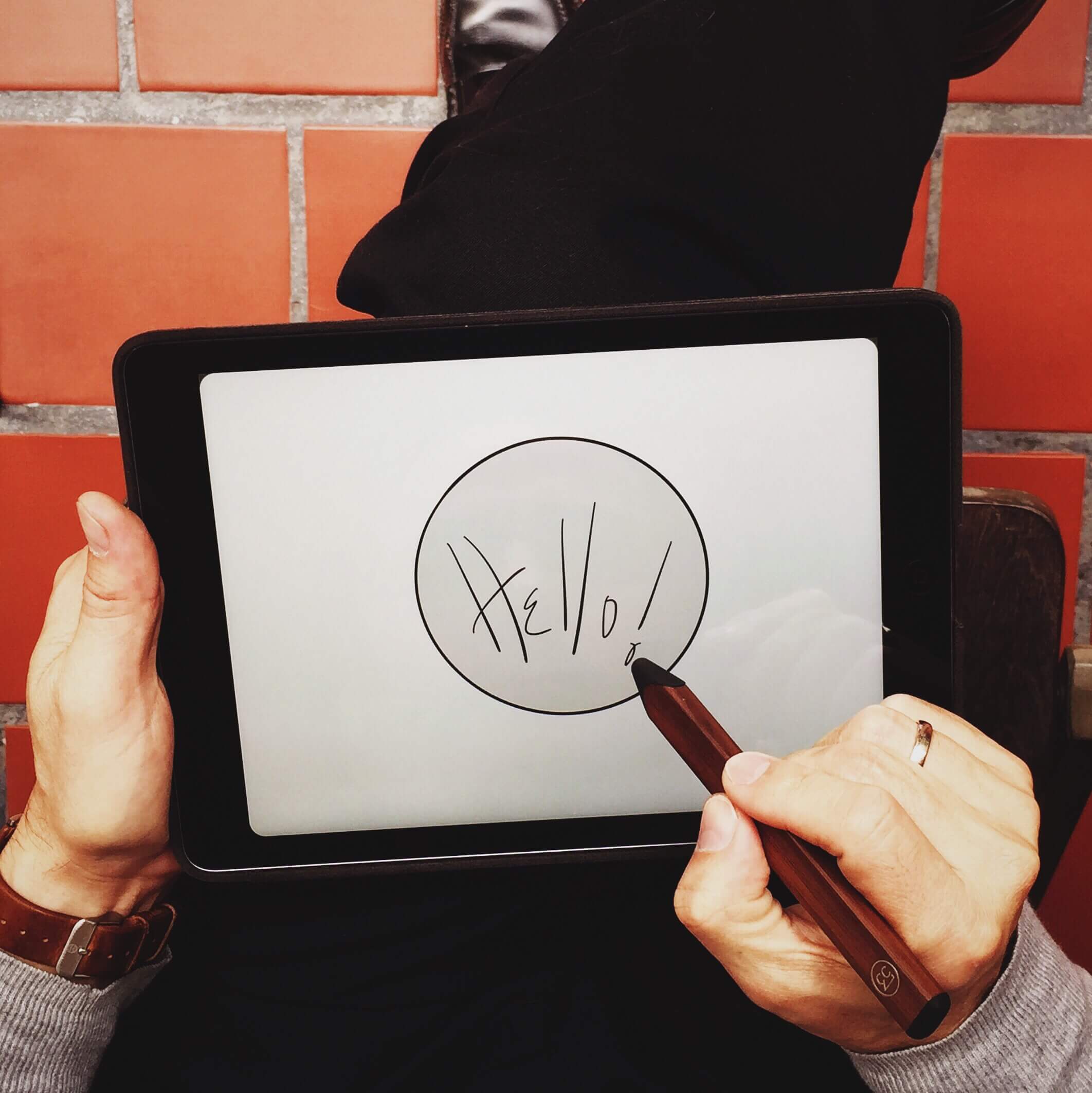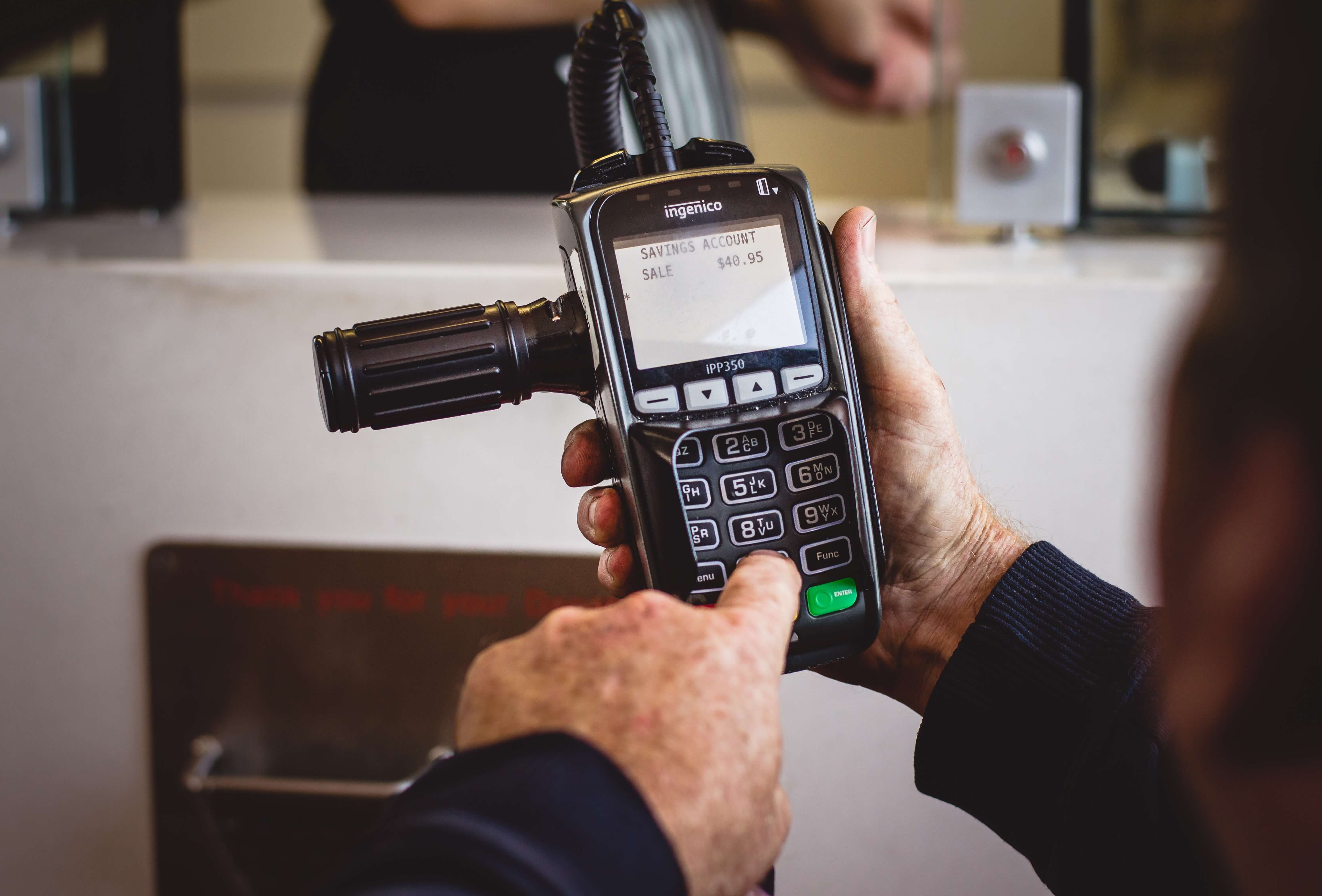Back in 1955, businessman Ray Kroc changed the game of how many of us consume food in restaurants by founding McDonalds. The fast food restaurant used technology and a new food production system in order to assemble and deliver meals much faster than any of its competitors. With these new developments, McDonalds was able to lessen waiting times and sell at a much faster pace, making it a better for both the customer and the company’s profit margin. Now, the chain is second largest in the world (coming shortly behind Subway) with almost 37,000 outlets worldwide.
Whatever you may think of McDonalds’ food, there’s no denying that they’re trendsetters. Since then, restaurants and bars have picked up the latest technology in order to shorten queue times, eradicate the risk of human errors made by staff and overall make the business run more smoothly.
Here are some of the technologies powering the restaurant and bar industry today, and some predictions for the future of the industry.
Mobile ordering
Nearly everybody in the restaurant, bar and cafe industry knows that accepting contactless payments is essential if you’re going to be competitive. Sorting out the correct change after a cash payment took too much time, so we moved to card payments to reduce queues. Putting your pin number into a card machine was then deemed too long, so we developed contactless. In 2018, you can now even pay with your smartphone. The customer just clicks on the banking app, holds their phone up to the card machine and in less than a second the transaction is made.
But what if you could make the process even quicker, and eradicate the need for a queue altogether. Some companies have already embarked on this. For example, the UK pub chain, Wetherspoons has developed an app, whereby a customer can order there food or drink from wherever they are seated. They pay for it there and then, the ticket gets sent directly to the bar or kitchen, and the order is then delivered to their table. This is the perfect solution for when the bar gets busy. From a customer’s point of view, they no longer have to leave their friends and spend ten minutes in a queue. They can just sit back, enjoy themselves and wait for their order to come. Customers who experience this kind of service are likely to come back.

Customer Loyalty
How else are businesses using technology to reward loyal customers and keep them coming back? Rewarding customer loyalty is nothing new. Going back decades, pub and bar owners have befriended and offered discounts to regulars. After that, coffee shops began to offer stampcards. Buy nine coffees, receive a stamp for each one, and get your tenth coffee free.
The problem with this is that it’s too easy to lose a stampcard. All that loyalty is gone as soon as you can’t find the card. With a modern EPOS, or Electronic Point of Sale system, a customer’s details can be logged into a database. Every future purchase that customer makes will be recorded, along with how much they spend and how regularly they visit the establishment. Once the info is on the system, there’s no way it can be lost.
What else can a modern EPOS system do?

An EPOS system can do a whole range of things, and investing in one is pretty essential if a small business is going to compete in the big leagues. When it comes to customer retention, not only can it log the sales made, but if you ask customers for their emails (and their permission for you to email to them), it can send out bulk emails to your most loyal customers.
In doing this, restaurant, bar and cafe owners can inform their customers about the latest deals, offers and events that are happening at their establishment. An EPOS can get in touch with the most loyal customers and offer them rewards specifically for them. You wouldn’t have to send the emails yourself; just draft up one or two, and your EPOS will send them for you. Nobly POS, for example, integrates with MailChimp, a automated marketing system that’s used by email marketing companies all over the world.
Kitchen tech
When it comes to owning a restaurant or bar, one of the most important and fear-inducing aspects is keeping to certain health and safety measures. A case of food poisoning or a failed health assessment can be a nightmare for a restaurant. Keeping every bit of food and kitchen equipment at the right temperature takes a lot of careful tracking by staff.
However, with new Bluetooth sensors, restaurant and bar staff can measure the temperature of their food and equipment in seconds. These numbers can then be logged automatically, reducing the risk of human error. In some cases, this technology can work wirelessly, tracking the temperatures all by itself. If something drops or rises over the correct temperature it can can alert staff, who can then do something to fix it before it gets too late and disaster strikes.
Virtual training
‘I’m sorry. He’s new.’ Ever had your order messed up by a new member of staff at a restaurant? You want to be angry, but you can’t help but feel sorry for them. After all, they’ve been thrown in at the deep-end. They have to remember meals, table numbers, and the whole system — all the while rushing around taking orders. But they have to learn somehow, right?
Well, with new virtual reality training being introduced into some restaurants, staff are being trained as they would on the shop floor, but none of it’s real. It’s a virtual reality, which has the exact same layout of the restaurant they’re going to be working in, so any mistakes they may make will have no consequences. This means you can have a trained workforce without any unhappy customers or stressed staff on their first few days on the job.
Like all virtual reality systems being outrolled at the moment, virtual training is still in its infancy, and unlikely to be used in many restaurants as of yet. However, it is going through testing by restaurant chain Honeygrow, and as virtual reality becomes more reliable and mainstream, it could be coming to a restaurant near you sooner rather than later.
George is one of Nobly POS‘s co-founders. He’s completed a masters in Management and Organisational Analytics and has helped build digital teams and products for companies such as BSkyB and McKinsey & Company. It was at the latter where he met his fellow Nobly co-founders and the rest is history- they’ve been providing EPOS systems for coffee shops, delis, restaurants and bars for five years.